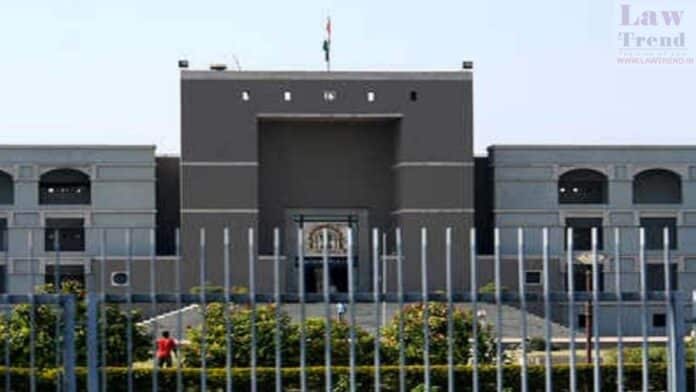The Gujarat state government affirmed to the High Court on Friday that the state’s Other Backward Class (OBC) Commission will persist as a one-member entity, countering expectations of an expanded committee. Established in 1993, the commission has traditionally operated with only a chairman, a stance the state plans to maintain.
This clarification from the government emerged in response to the High Court’s inquiry earlier this month regarding the pending appointment of two additional members. The inquiry arose during the proceedings of Public Interest Litigations (PILs) initiated in 2018, aimed at establishing a permanent OBC commission and scrutinizing its membership structure.
Chief Secretary Raj Kumar detailed in an affidavit that despite considerations for expansion, the commission will continue to function under the sole leadership of its current chairman. This decision follows a prior session where government pleader GH Virk indicated that the appointment decision was still under deliberation.
The division bench, comprising Chief Justice Sunita Agarwal and Justice Pranav Trivedi, expressed concerns over the effectiveness of a one-man operation. They compared it to the broader structure of the National Commission for Backward Classes, which includes multiple members, and questioned the rationale behind Gujarat’s deviation from this model.
Chief Justice Agarwal pointedly asked, “One man against a body makes a difference. It is a huge task. Why are provisions of Article 338B of the Constitution not followed in Gujarat? Where is the exception?” In defense, Virk reiterated the long-standing operational mode since 1993, noting that expert members are consulted as needed.
The Chief Justice critiqued this approach as potentially outdated and overly subjective, emphasizing the constitutional provision for a more inclusive representation within such commissions.




